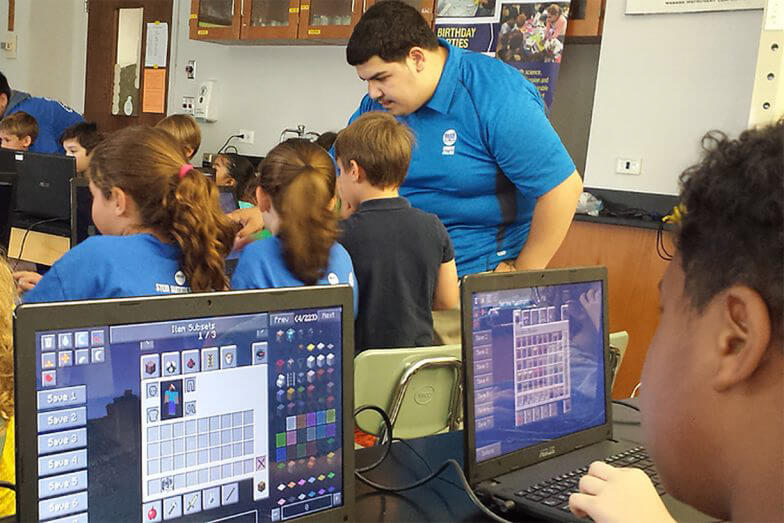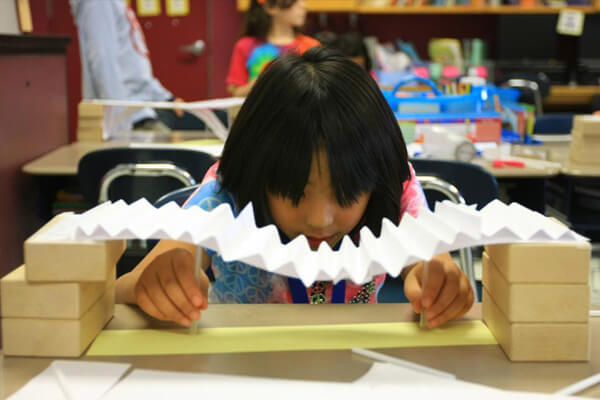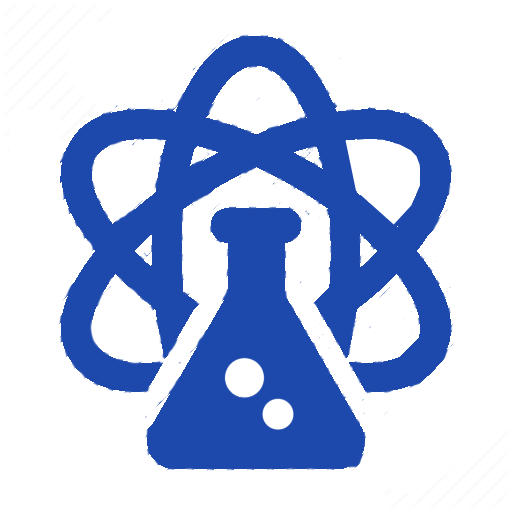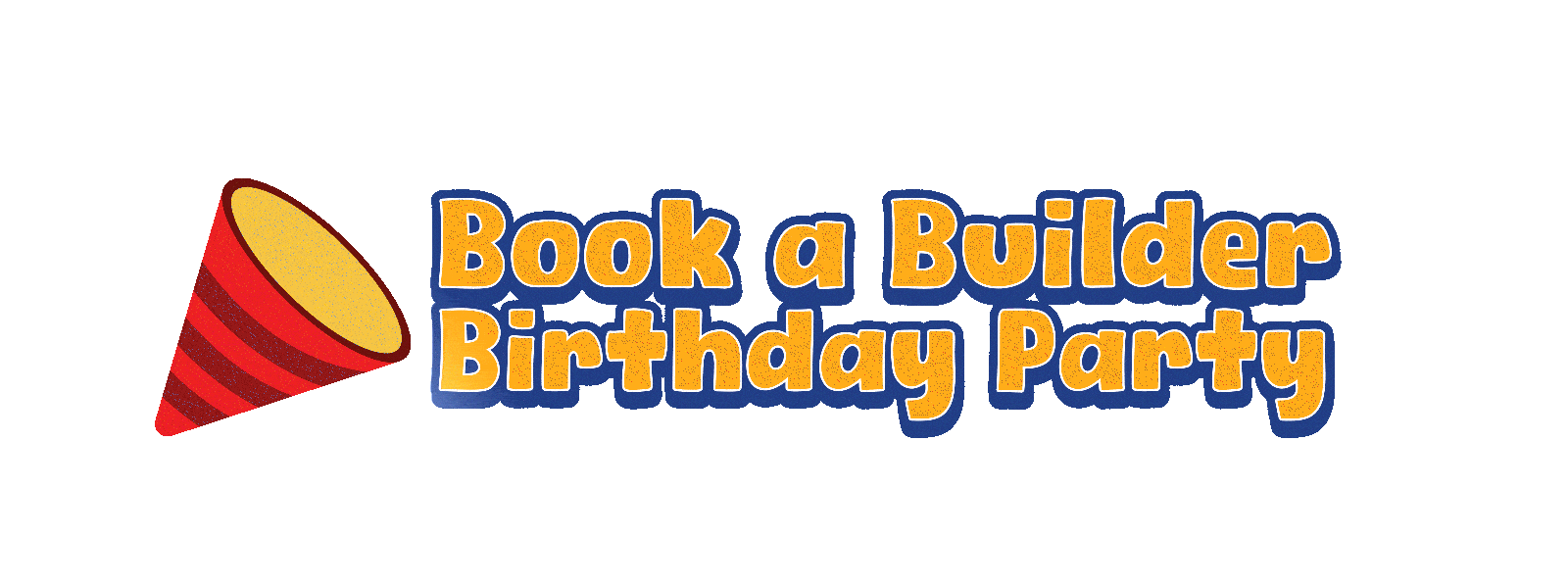STEM Education
STEM is an abbreviation that stands for Science, Technology, Engineering and Mathematics. STEM education is designed as a transcending and interdisciplinary approach to these four classic disciplines. Instead of teaching each separately, STEM education draws on all four disciplines, creating an applied teaching method. This provides students with the opportunity to connect the classroom, community and the wider world through addressing real-world lessons, and solving them through STEM education. This manner of teaching stimulates the student to develop skills in critical thinking, analytic thinking and problem solving.


Students as Persistent Problem Solvers
What kids learn is important but how well they can problem solve will determine their future. Our kids’ success in the 21st Century economy increasingly depends on their proficiencies in STEM skills of problem solving and critical thinking:
- 80% of jobs in the next decade will require technical skills
- STEM jobs are growing at two times the rate as jobs in other fields
- 15 of 20 of the fast growing U.S. jobs will require math or science skills
We’re supporting a new kind of learning where STEM, coding and core academics are no longer separate but combined for student engagment and success.
Project Based Learning
Our students apply and show their learning in interdisciplinary subject areas through computational thinking (CT) and computer science (CS) based projects. Our students apply new skills in multifaceted ways with hands-on opportunities to think critically, solve problems, and develop important academic skills like written and verbal communication, planning, research. Important meta-skills developed include self-sufficiency, teamwork, goal-setting, and internet safety and literacy. These skills will support student success throughout their K-12 and college academic careers as well as in their personal and professional lives. Our projects focus on CT/CS-based:
- Simulations of real-word skills, knowledge, challenges, and phenomena
- Experiments in, and investigations of, real-world phenomena
- Creation of unique applications that allow students to engage in and practice new skills

Excecutive functioning
Our daily projects introduce executive function and self-regulation skills that enable us to plan, focus attention, make decisions, remember instructions, and juggle multiple tasks successfully. These abilities propel school achievement, positive behaviors and relationships, good health, and later career success. Our approach to Executive Functioning comes from the Center for the Developing Child at Harvard University.
Social Emotional Learning
Our interactions together online build Social Emotional Learning (SEL) skills that enable us to understand and manage emotions, set goals, show empathy for others, establish positive relationships, and make responsible decisions, all within project-based learning experiences. Our approach to SEL comes from the pioneering SEL research and standards of the Collaborative for Academic, Social, and Emotional Learning (CASEL).
Academic Skill-Building
Our daily projects foster skills in one or more of four academic focus areas:

engineering
- Code the Hero’s Journey in Scratch with creative storytelling
- Bring your favorite book to life by creating 3D models of characters and scenes in TinkerCAD
- Create a stop-motion movie, script and scenes by coding it in Scratch

MATH
- Create and explore geometry in both 2D and 3D settings by using TinkerCAD
- Code flashcards in Scratch to help learn your multiplication table
- Code scoreboards and speedometers for car races
- Build thermometers to track the weather

SCIENCE
- Create a 3D models of our solar system on TinkerCAD
- Create prey and predator ecosystem games in Scratch
- Create a solar power cell in Scratch

Technology
- Code the Hero’s Journey in Scratch with creative storytelling
- Create a stop-motion movie, script and scenes by coding it in Scratch

ART
- Paper-prototype designs to start drawing projects
- Paint characters and backdrops right in Scratch
- Color and shape your 3D objects using dimension, perspective, and scale

